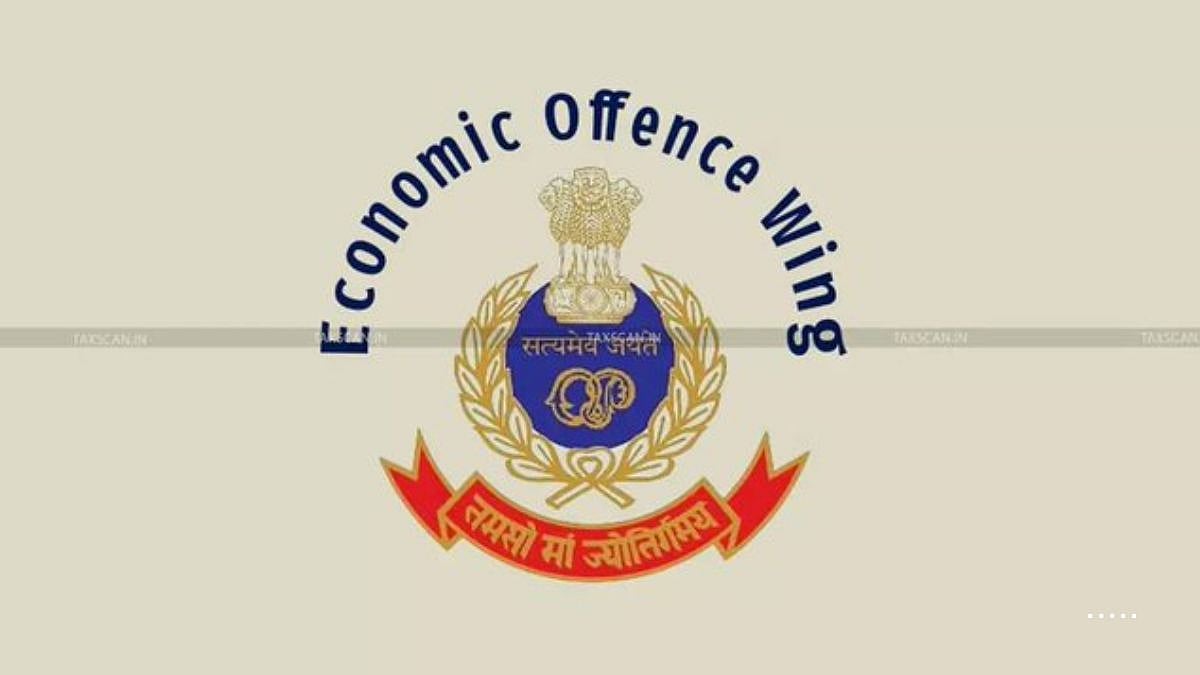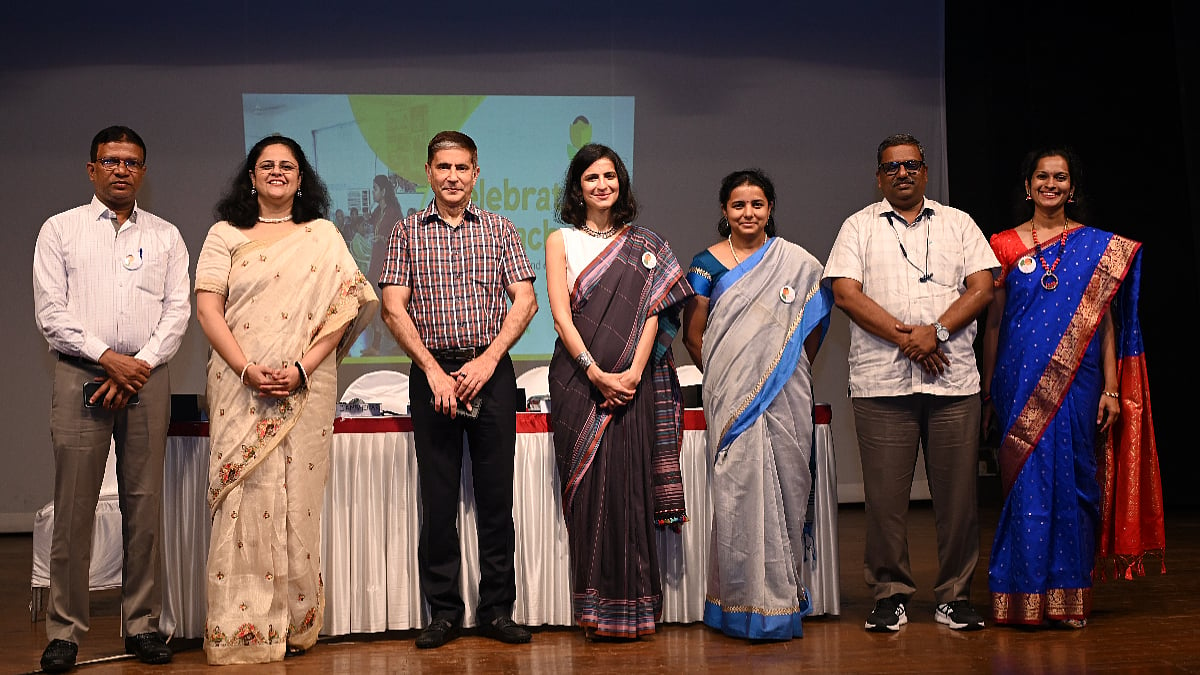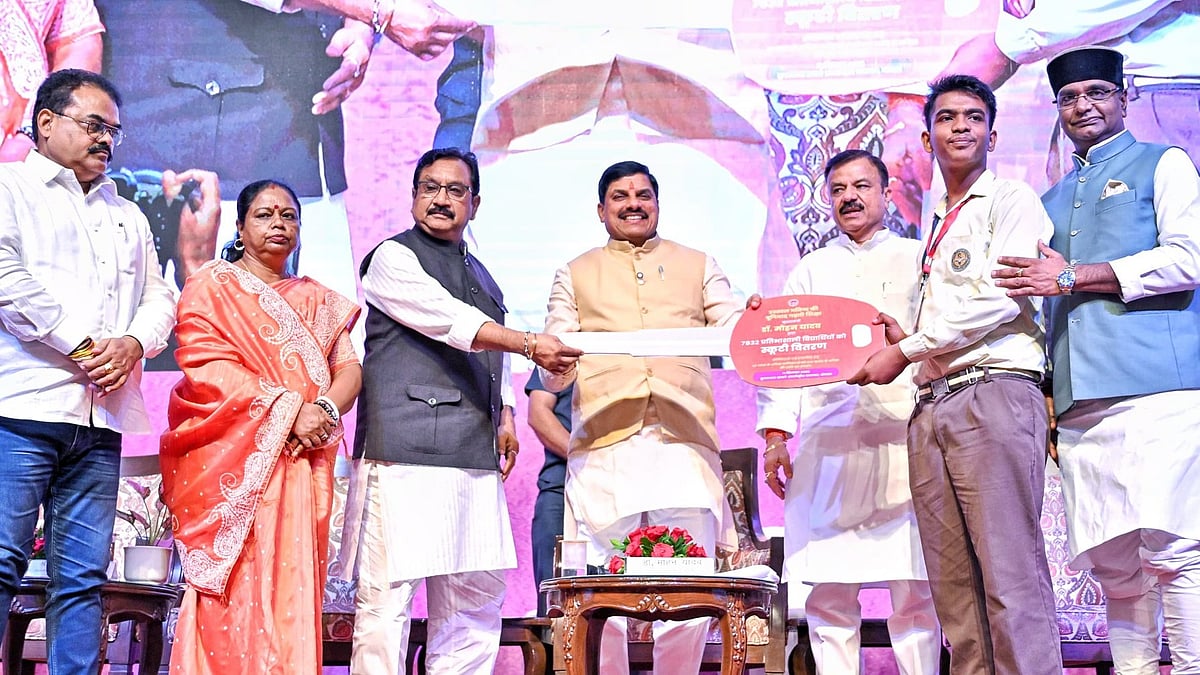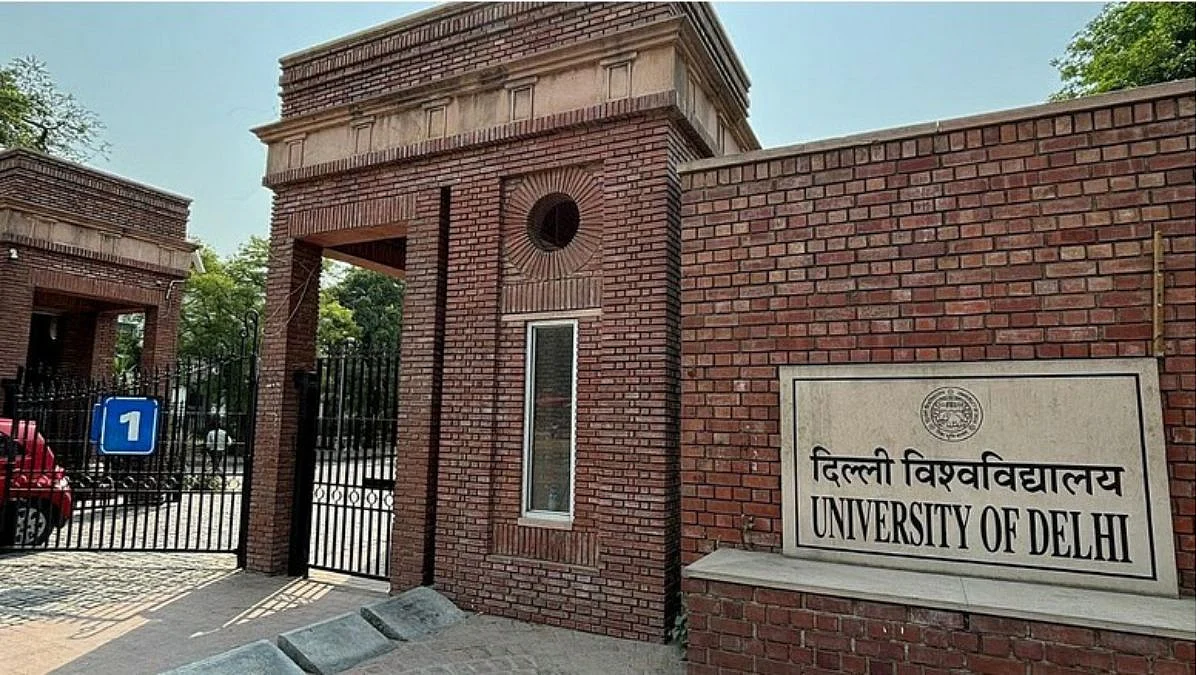The new National Council of Educational Research and Training (NCERT) Class 7 textbooks have been revised to place a greater emphasis on Indian culture, heritage, and traditions. While the council has removed all sections on the Mughals and the Delhi Sultanate from the textbooks, it has introduced new chapters focusing on Indian dynasties, 'sacred geography,' the Maha Kumbh, and government initiatives such as Make in India and Beti Bachao, Beti Padhao.
In the English textbook, of the 15 stories, poems, and narratives included, nine are either authored by Indians or focus on Indian themes. This marks a notable departure from the earlier Honeycomb textbook, which featured only four Indian contributors across 17 literary pieces.
Similarly, the Social Science textbook has undergone substantial revision. New chapters have been introduced that highlight ancient Indian dynasties and showcase the "Indian ethos." A new chapter discusses how land acquires sacred significance through pilgrimages to sites such as the Char Dham Yatra, the Shakti Pithas, the Jyotirlingas, and other revered locations across various religions.
The textbooks also include various government initiatives and references to government schemes such as Make in India and Beti Bachao Beti Padhao, as well as infrastructural projects like the Atal Tunnel.
On the other hand, in an earlier syllabus rationalisation exercise undertaken during the COVID-19 pandemic in 2022–23, the NCERT had removed sections pertaining to the Mughals and the Delhi Sultanate. Accounts of dynasties such as the Tughlaqs, Khaljis, Mamluks, and Lodis, along with a table listing the achievements of Mughal emperors, were omitted. In the current revised edition, all references to these topics have been completely excluded.

According to NCERT officials, the material released thus far constitutes only the first part of the textbook, with the second part expected in the coming months. However, they declined to confirm whether the previously removed sections concerning the Delhi Sultanate and Mughal periods will be reinstated in the forthcoming edition.
The revised English textbook, Poorvi, and the Social Science textbook, Exploring Society: India and Beyond, align with the vision set forth by the National Education Policy (NEP) 2020, which advocates for an education system "firmly rooted in the Indian and local context and ethos.










